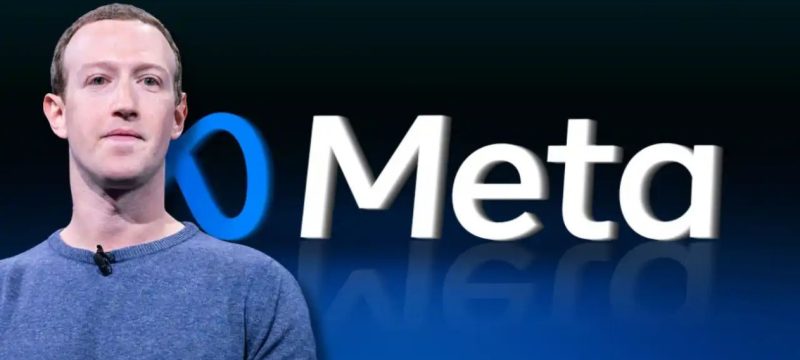In a significant ruling for the tech industry, a U.S. federal judge on Wednesday sided with Meta in a major copyright lawsuit, concluding that the company’s use of copyrighted books to train its artificial intelligence (AI) model falls under the protection of “fair use” as defined by U.S. law.
The decision, issued by District Judge Vince Chhabria in San Francisco, dismissed allegations brought forward by a group of authors—including comedian Sarah Silverman and novelist Junot Díaz—who accused Meta of using unauthorized copies of their works to train its open-source LLaMA AI system.
While Judge Chhabria acknowledged that the plaintiffs raised important points about potential economic impact and ethical concerns, he determined that their legal arguments were not convincing or adequately supported. He emphasized that the issue was not whether AI training with copyrighted content is fair use in principle, but that the authors had failed to present a legally solid case.
“No matter how transformative AI may be, using copyrighted books to build a tool that could generate endless competing content and generate massive revenue is a serious concern,” the judge stated. “But in this case, the plaintiffs chose the wrong legal path to argue that concern.”
This marks Meta’s legal victory just days after a similar decision in favor of Anthropic, another AI firm, in a comparable case where authors challenged the use of their written works in training the Claude chatbot.
The authors in Meta’s case claimed their copyrighted books were used without permission or compensation. The lawsuit specifically referenced Silverman’s memoir The Bedwetter and Díaz’s Pulitzer Prize-winning novel The Brief Wondrous Life of Oscar Wao.
Meta responded positively to the outcome, saying, “Open-source AI models are driving innovation, creativity, and productivity. The fair use doctrine is crucial for enabling the development of such transformative technologies.”
However, the judge was clear that the ruling did not legitimize Meta’s actions outright. Instead, he emphasized that the court was only deciding on the legal strength of the arguments presented. “This ruling should not be interpreted as a declaration that Meta’s methods are legal,” he clarified. “It simply means the plaintiffs failed to present the right legal arguments or evidence.”
The case adds fuel to the growing debate around AI and copyright, as content creators from various fields—authors, musicians, artists, and journalists—continue to challenge the use of their intellectual property in AI training without compensation or licensing. Courts around the world are being asked to weigh in on how copyright law applies in the rapidly evolving landscape of generative AI.









